Market Share
Digital Therapeutics Market Share Analysis
The market is driving the development of medical services and implementing strong systems to position itself for a share of the market. With a focus on providing evidence-based, useful mediations through advanced stages, these firms aggressively investigate the competitive landscape to enhance their market presence. Organizations are focusing on illness-specific advanced treatments as a result of their recognition of the changing needs in healthcare. Adaptive phases for all forms of diabetes, mental health, heart disease, and respiratory disorders ensure that computerized therapeutic interventions handle the emerging challenges in each field of medicine. Training drives for medical professionals are receiving funding from organizations. Program preparation, online education, and educational resources raise awareness of the benefits of computerized treatments, their integration into clinical practice, and their actual ability to produce tolerable outcomes. Companies are looking into reasonableness drives because of how important it is to receive feedback from a large audience. This involves valuation models, payback strategies, and collaborative efforts with payers to increase the financial accessibility of advanced remedial mediations for patients and medical care frameworks. Innovation is crucial, especially when it comes to tactics for engaging users. Businesses are investing in research to develop appealing features, gamification aspects, and behavioral nudges in an effort to boost user adherence and involvement in digital therapy programs. Maintainability features are being incorporated by organizations into their digital assistance systems. This includes eco-friendly application plans, energy-efficient information storage practices, and skillful asset allocation to mitigate the unintended consequences of sophisticated remedial innovation. Organizations that embrace the cutting edge of medical treatment focus on regular communication using Electronic Health Records (EHR). This ensures that cutting-edge useful information is linked to patient data, facilitating comprehensive medical care across the board and enabling providers of medical services to make well-informed decisions. Companies are increasing the adaptability of their production networks to ensure consistent and dependable access to computerized remediation plans. This entails expanding the base of innovation, safeguarding relationships with reliable vendors, and implementing risk management strategies for leaders to investigate anticipated disruptions. In order to demonstrate the practicality of enhanced helpful mediations in various patient populations and medical care settings, organizations are looking into ways to collect and analyze accurate information. Companies are modifying automated advisory responses for certain patient populations. Appropriate mediations for elderly patients, patients with diverse social backgrounds, or patients with children ensure that cutting-edge treatments cater to the unique needs and preferences of various patient populations.


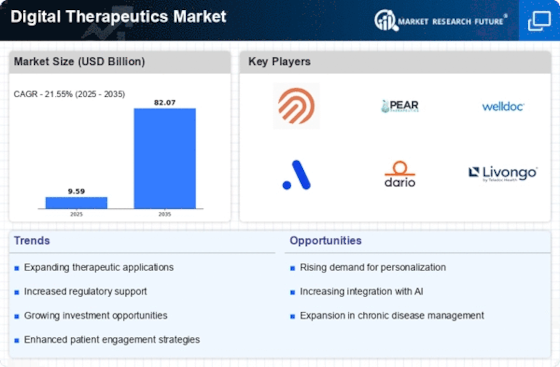

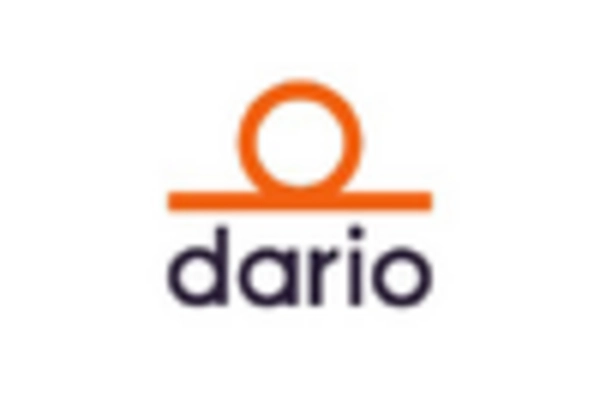
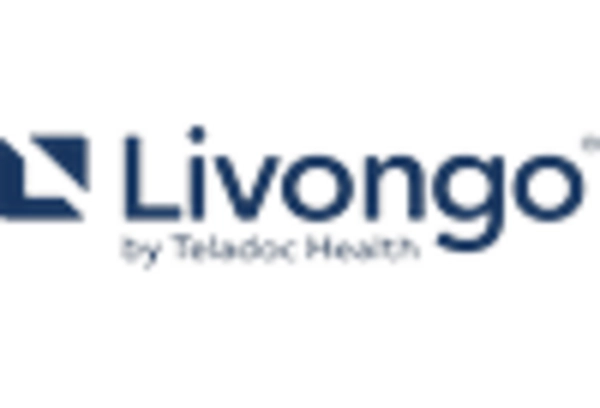
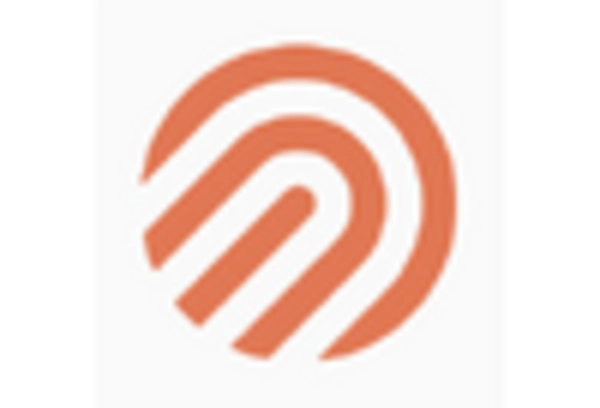
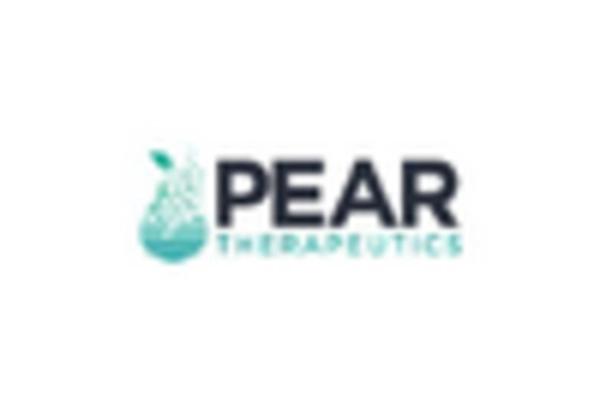
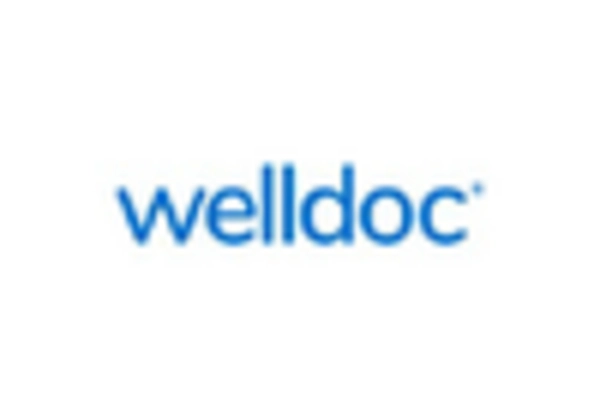









Leave a Comment